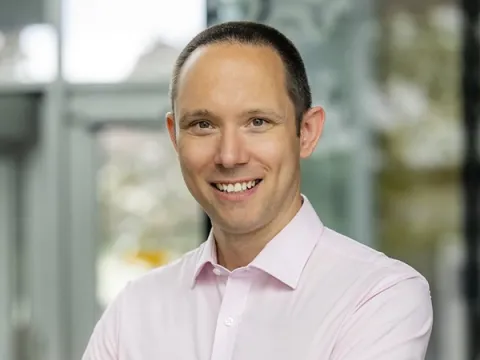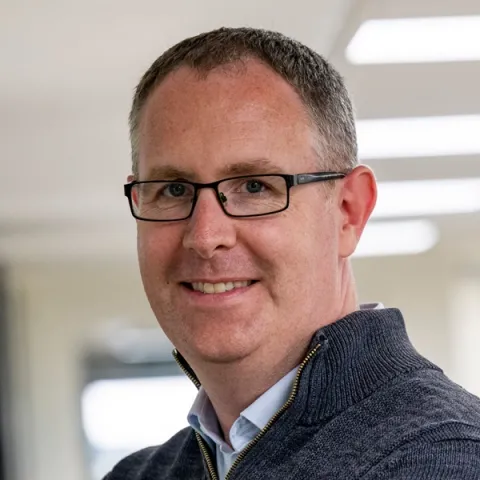About the project
Internet of Things (IoT) promises billions of devices, many of which are constrained embedded networked sensors. While energy-harvesting offers a sustainable power supply, its variability means devices cannot always be powered. This PhD will research hardware and software solutions to enable sensors which autonomously sample/manage data while consuming orders of magnitude less power.
Energy-harvesting systems, powered from ambient energy sources such as light or vibration, are a promising solution for powering embedded IoT devices, reducing installation and maintenance overheads. They typically require batteries to buffer dynamics in ambient power availability, leading to issues with lifetime, dimensions, and complexity. 'Intermittent systems', which only use small capacitors, address this but can only buffer energy for a few seconds before gracefully powering off. This renders many applications, that require ‘round-the-clock’ sensing (e.g. a solar-powered device sampling the temperature every hour), impossible.
This PhD will investigate techniques for systems to operate with minimal functionality during these times, e.g. sampling, storing and possibly receiving data, so it can be processed when sufficient power returns. This will enable systems which can autonomously sample and manage data while the system is off, while consuming orders of magnitude less power than the microcontroller. Achieving this will enable new self-powered applications, realising a future of sustainable smart homes, cities and industries.
The project will adapt to the skills and interests of the candidate, but is likely to involve electronic hardware (embedded systems/computer engineering), embedded software (in C), and experimental analysis (prototyping using development boards).
The successful candidate will be based in the Cyber Physical Systems group in the School of Electronics and Computer Science, and affiliated with the Smart Electronic Materials and Systems group and Centre for IoT and Pervasive Systems. They will be supported to attend international conferences, and develop a wide range of technical and transferrable skills.

